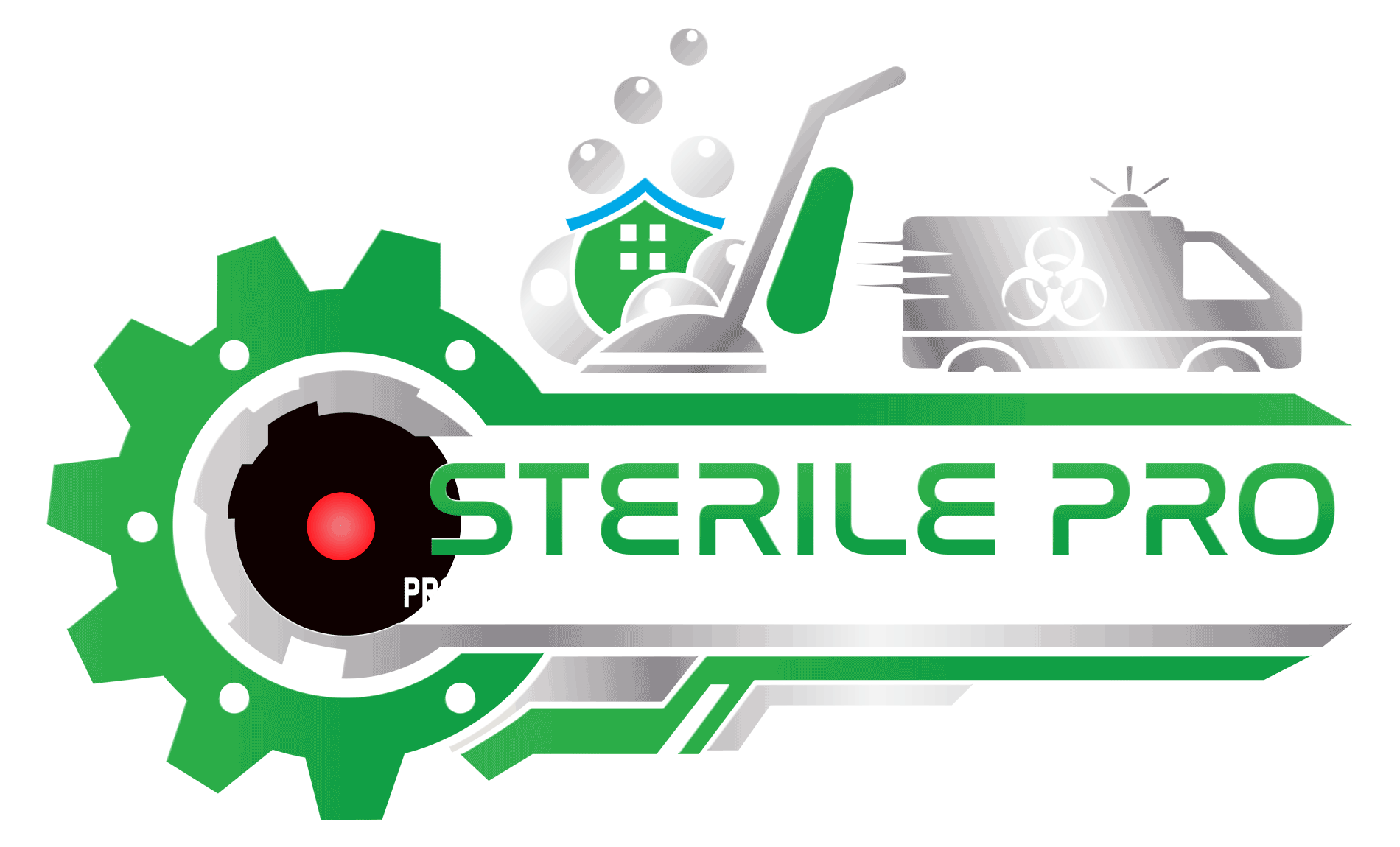Market Trends: Insights into the Cleaning Franchise Business

In recent years, Cleaning Franchise Business sector has emerged as a dynamic and essential component of the commercial cleaning industry. This growth is not merely a response to increased hygiene awareness spurred by global health crises but also reflects evolving regulatory standards and heightened customer expectations across various sectors. Understanding the market trends in this niche provides crucial insights into its trajectory and potential opportunities.
One of the most significant trends driving the sanitation franchise sector is the growing emphasis on cleanliness and sanitation in public spaces, workplaces, healthcare facilities, and retail establishments. The COVID-19 pandemic accelerated this trend, elevating hygiene practices from a preference to a necessity. Businesses and institutions now prioritize thorough and frequent cleaning protocols, which has boosted demand for professional cleaning services, particularly those offered by specialized franchises like SterilePros24.
Moreover, regulatory requirements continue to evolve, placing stringent mandates on cleanliness standards in sectors such as healthcare and food services. Compliance with these regulations is non-negotiable, positioning sanitation franchise businesses as indispensable partners in maintaining operational licenses and public trust.
Technological advancements have also reshaped the sanitation franchise landscape. Innovations in cleaning equipment, disinfection techniques, and eco-friendly products not only enhance service efficacy but also align with the increasing consumer preference for sustainable practices. Franchises that integrate these technologies into their operations are well-positioned to attract and retain clients seeking modern, efficient, and environmentally responsible solutions.
Another notable trend is the diversification of services offered by sanitation franchises. Beyond traditional cleaning services, franchises now provide specialized disinfection treatments, mold remediation, and air quality management. This expansion addresses broader health concerns and positions franchises as comprehensive providers of hygiene solutions.
In terms of market dynamics, the sanitation franchise sector exhibits resilience and growth potential, driven by recurring revenue streams and a scalable business model. Franchise opportunities appeal to entrepreneurs seeking a stable investment with established operational frameworks and ongoing support from the franchisor.
As the demand for sanitation services continues to evolve, franchises that innovate, adapt, and prioritize customer safety and satisfaction will likely thrive in this competitive landscape. Understanding these market trends is crucial for stakeholders looking to capitalize on opportunities within the sanitation franchise sector.
The Evolution of Service Offerings
The sanitation franchise sector has evolved significantly from its origins as a basic cleaning service provider. Modern franchises now offer a diverse range of specialized services designed to meet specific customer needs and regulatory requirements. This evolution has been driven by technological advancements, changing customer expectations, and the need for comprehensive hygiene solutions.
Franchises like SterilePros24 have expanded their service offerings beyond traditional cleaning to include specialized disinfection services. These services utilize advanced techniques and EPA-approved disinfectants to ensure thorough and effective sanitation. Such offerings have become increasingly crucial in environments where hygiene standards are paramount, such as healthcare facilities, food processing plants, and educational institutions.
Technological Advancements in Cleaning
Technology plays a pivotal role in the sanitation franchise sector, enhancing service quality, efficiency, and sustainability. Innovations in cleaning equipment, such as electrostatic sprayers and UV-C light technology, have revolutionized disinfection practices. These technologies enable franchises to deliver faster and more effective cleaning results while reducing the use of chemical agents, which aligns with growing consumer preferences for eco-friendly solutions.
Moreover, digital platforms and mobile applications have streamlined operations and improved communication between franchisees, clients, and headquarters. Real-time reporting and scheduling systems enhance transparency and accountability, allowing franchises to respond swiftly to customer needs and regulatory requirements.
Adapting to Regulatory Standards
Regulatory compliance is a critical consideration for sanitation franchises operating in highly regulated industries like healthcare and food services. Franchises must adhere to strict cleanliness and safety standards set forth by government agencies and industry regulators. This adherence not only ensures legal compliance but also enhances trust and credibility among clients who depend on franchises to maintain a safe and hygienic environment.
Franchisors play a crucial role in supporting franchisees with compliance by providing comprehensive training programs, access to regulatory updates, and standardized operating procedures. This support enables franchisees to navigate complex regulatory landscapes with confidence, positioning their businesses as reliable partners in maintaining public health and safety.
Market Demand and Growth Opportunities
The Cleaning Franchise Business sector continues to experience robust growth driven by increasing awareness of hygiene standards and the outsourcing of cleaning services by businesses across various sectors. The demand for professional sanitation services is expected to remain strong, fueled by ongoing concerns about infectious diseases and the need for proactive hygiene management strategies.
Franchises that cater to niche markets, such as medical facilities requiring specialized disinfection or educational institutions needing routine cleaning and sanitization, are well-positioned to capitalize on specific industry needs. Additionally, the scalability of the franchise model allows for expansion into new geographic regions and service sectors, further enhancing growth opportunities for ambitious franchisees.
Challenges and Considerations
Despite its promising growth prospects, the sanitation franchise sector faces several challenges that franchisees and franchisors must navigate effectively. Competition within the industry is fierce, with numerous local and national players vying for market share. Franchises must differentiate themselves by offering superior service quality, innovative solutions, and exceptional customer service to stand out in a crowded marketplace.
Another challenge is the management of operational costs, including labor, cleaning supplies, and equipment maintenance. Franchises must strike a balance between cost efficiency and service quality to maintain profitability while meeting client expectations and regulatory requirements.
Additionally, maintaining consistency across multiple franchise locations can be challenging, especially for franchisors overseeing a widespread network of franchisees. Standardizing operating procedures, providing ongoing training and support, and implementing quality assurance measures are essential to ensuring uniform service delivery and maintaining brand reputation.
Franchisee Training and Support
Successful sanitation franchises prioritize the training and support of their franchisees to ensure operational excellence and client satisfaction. Comprehensive training programs cover cleaning techniques, safety protocols, equipment operation, and regulatory compliance. Franchisees receive ongoing support from franchisors through regular site visits, virtual training sessions, and access to a dedicated support team.
Moreover, franchisors facilitate knowledge sharing and best practice dissemination among franchisees, fostering a collaborative and supportive franchise network. This network not only enhances operational efficiency but also promotes innovation and continuous improvement across the franchise system.
Consumer Trends and Preferences
Consumer preferences in sanitation services are evolving, driven by heightened awareness of hygiene and environmental sustainability. Modern consumers prioritize transparency, eco-friendliness, and effectiveness when selecting sanitation providers. Franchises that integrate sustainable practices, such as using biodegradable cleaning products and energy-efficient equipment, can appeal to environmentally conscious clients seeking responsible service providers.
Furthermore, the rise of health-conscious consumerism has spurred demand for specialized disinfection services in residential, commercial, and public settings. Franchises that offer customizable service packages tailored to meet specific customer needs and preferences are well-positioned to attract and retain discerning clientele.
Future Outlook and Innovation
Looking ahead, the Cleaning Franchise Business sector is poised for continued growth and innovation as it responds to evolving market dynamics and technological advancements. Innovations in cleaning technologies, such as robotics and artificial intelligence, hold the potential to further enhance service efficiency and efficacy. These technologies may automate routine cleaning tasks, optimize resource allocation, and provide real-time data analytics to improve operational decision-making.
Moreover, franchisors and franchisees alike are increasingly adopting digital marketing strategies and online platforms to expand their reach, attract new customers, and enhance brand visibility. Digital marketing campaigns can effectively communicate the unique value propositions of sanitation franchises, educate consumers about service offerings, and foster customer loyalty through targeted promotional efforts.
Conclusion
In conclusion, the Cleaning Franchise Business sector represents a dynamic and rapidly evolving segment of the commercial cleaning industry. Market trends indicate sustained demand for professional sanitation services driven by regulatory requirements, technological advancements, and changing consumer preferences. Franchises like SterilePros24 are at the forefront of this sector, offering specialized cleaning and disinfection solutions that meet the highest standards of hygiene and safety.
As the industry continues to grow, sanitation franchises must remain adaptable, innovative, and customer-centric to capitalize on emerging opportunities and overcome challenges. By prioritizing regulatory compliance, leveraging technological innovations, and providing comprehensive training and support to franchisees, sanitation franchises can position themselves as leaders in the competitive marketplace. With a commitment to excellence and a focus on sustainability, sanitation franchises are well-positioned to meet the evolving needs of businesses and consumers alike in a post-pandemic world.
“For more information please click on this link“



